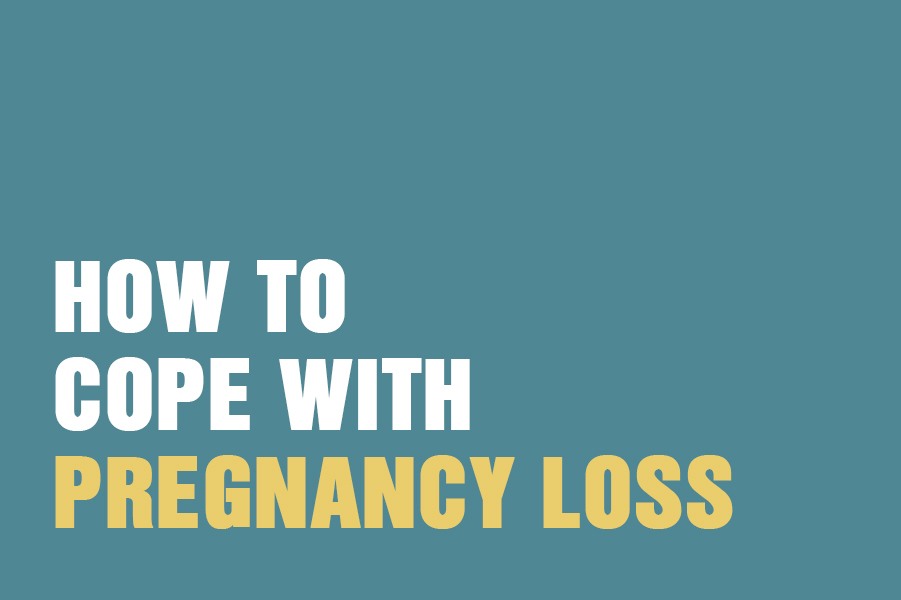Stress is pretty much part and parcel of working life, what with the 24/7 expectations that come with smartphones and social media. You’re expected to be ‘on’ and available to meet unexpected deadlines, satisfy client demands, please your boss, and respond to emails within milliseconds.
There are aspects of positive stress that have benefits, however. A deadline can refine your thinking and sharpen your focus. Client demands can spark your creativity and bring out your best work. A demanding boss can help you develop resources and qualities. A quick response can hone your intuition.
But that’s on a good day.
On a bad day, constant demands from clients, bosses, peers – especially within limited timescales – can make it feel impossible to complete everything on time. You can feel pressured, unable to tolerate the demands upon you. The tides of overwhelm start sweeping in. Your options may to start to feel limited. You either work beyond your means, to prove you’re capable and efficient and on top of your game. Or you may fear you’ll buckle under the stress, unable to hold those tides at bay any more.
However, there are many ways to pre-empt your stress before you get to the stage of feeling unable to cope. Frequently it’s about knowing your triggers, and stepping in to help yourself before stress takes over. Here are our tips for pre-empting stress in the workplace:
Know what your boss wants
Not knowing your priorities, and not understanding what the business wants from you, can be the biggest source of stress as a worker within an organisation. Without guidance from your boss and the business, how can you prioritise your inbox, your meetings, your day? Ensure you have clear objectives from your managers, and schedule regular catch-ups to keep you on track.
Stay ahead of the day
It can be so tempting to press the snooze button in the morning and delay the start of the day. But that decision to snooze can have implications for the rest of your day. It can make you late getting into your car, arriving at the station, parking, buying your ticket, not getting a seat, arriving at work stressed, feeling out of breath and out of control. Moral of the story: get good sleep and get up when your alarm goes off. First time.
Take a moment
There may be times during the work day when you’ve had enough. You feel like having a strop like a teenager, or a stomp like a toddler. Do it. Really. Take some time away from your desk to walk round the block. Get some air. Release some tension with each stride. Allow yourself a moment to gather your thoughts, reflect on where you’re at, gain some perspective. You will never regret leaving your desk and having a moment away from it. Don’t act from a moment of distress, despair or anxiety. Let the emotion subside, and then make your decision from a more rational, considered place.
Know your triggers
The key to managing stress, ultimately, is to know what your triggers are. Is it having to present in a key meeting? The thought of an annual review? Taking a call from an overly demanding client? Owning up to a mistake you’ve made? Worrying about having more days off for childcare than you feel you should? Fearing threat of new targets? Someone moaning in the office? The list could go on. Identify what’s triggering you and resolve to tackle your response to that trigger. It could be tapping into deeper issues for you, and you may consider having therapy to explore what those issues are.
Write down rational reminders
When we’re stressed, an irrational part of the brain can take over and obliterate that rational, functioning part of you. In those moments it can help to receive messages from the positive part of you. Take time to write affirmations on cards, if that helps, particularly if you’re going into meetings where you might be triggered or put on the spot to deliver. Look at positive descriptions on your cards. Examples include: I am effective and eloquent in meetings. I have time to think things through. I can deal with difficult people. I am good enough.
Implement strategies that work for you
The above ideas may work for you. They may not. We’re just making suggestions that work for some people. The important thing is to feel that you have some kind of choice or agency in your life. Not to feel the victim of life’s demands, or powerless to ask for help for fear you’ll look weak. Identify what triggers your stress. Get to know what stress does to your mind, your body and your performance. Witness how you feel when you’re stressed. Take steps to pre-empt it.
If workplace stress has gone to extremes for you, and you would appreciate the support of a professional to help you manage feelings of stress, anxiety and overwhelm, then our team of therapists can help.







